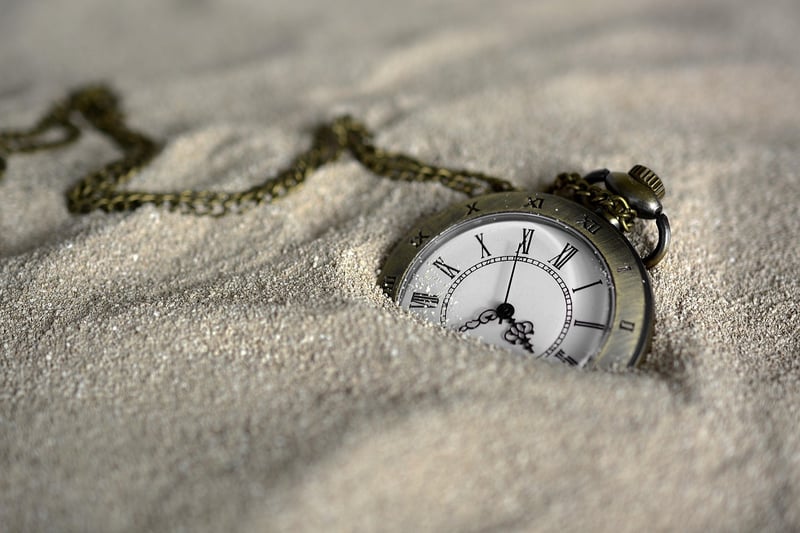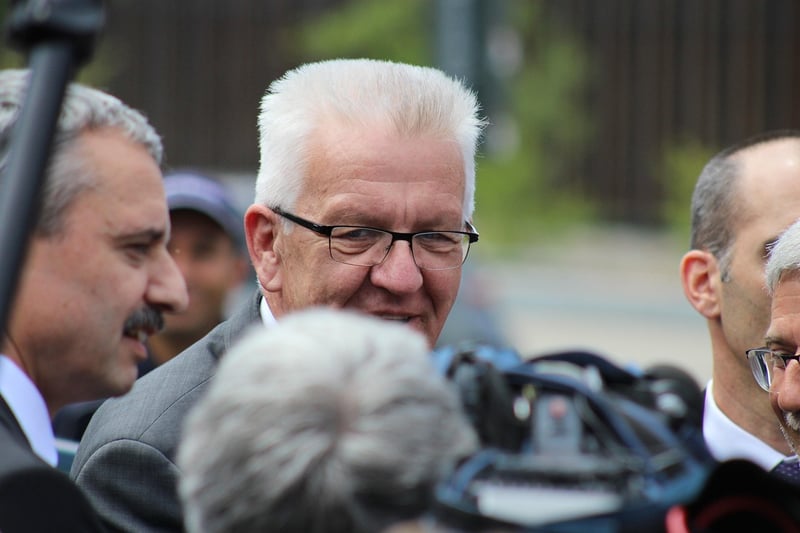Temporal Prime Directive
The Moral Implications of Time Travel and the Temporal Prime Directive
Time travel has long been a popular concept in science fiction, allowing characters to journey to the past or future, altering events, and potentially changing the course of history. However, along with the excitement and intrigue that time travel brings, there are also significant moral implications to consider.
Moral Implications of Time Travel:
One of the key ethical dilemmas of time travel is the idea of altering the past. Changing even a small event in the past can have far-reaching consequences, potentially creating paradoxes or altering the present in unpredictable ways. This raises questions about responsibility and the potential harm that could be caused by interfering with historical events.
Another moral consideration is the concept of playing "god" by manipulating time. The power to change the past raises questions about who should have that authority and what the consequences of such actions might be. Would it be ethical to alter the course of history for personal gain or to prevent a future disaster?
The Temporal Prime Directive:
In many science fiction universes, such as Star Trek, there is a concept known as the Temporal Prime Directive. This directive prohibits individuals from interfering with historical events or timelines to prevent unintended consequences. It establishes guidelines for time travel and aims to preserve the natural flow of history.
The Temporal Prime Directive serves as a moral compass for characters who possess the ability to travel through time. It emphasizes the importance of respecting the integrity of historical events and the potential dangers of altering the past. By adhering to this directive, individuals can avoid catastrophic changes to the timeline and uphold ethical standards.
Conclusion:
Time travel opens up a world of possibilities, but it also comes with significant moral considerations. The ability to change the past raises questions about responsibility, power, and the potential consequences of altering history. Concepts like the Temporal Prime Directive provide guidance on how to navigate these ethical dilemmas and emphasize the importance of respecting the natural flow of time.
As we continue to explore the concept of time travel in fiction and theory, it is essential to consider the moral implications of these actions and the impact they could have on the fabric of reality.


